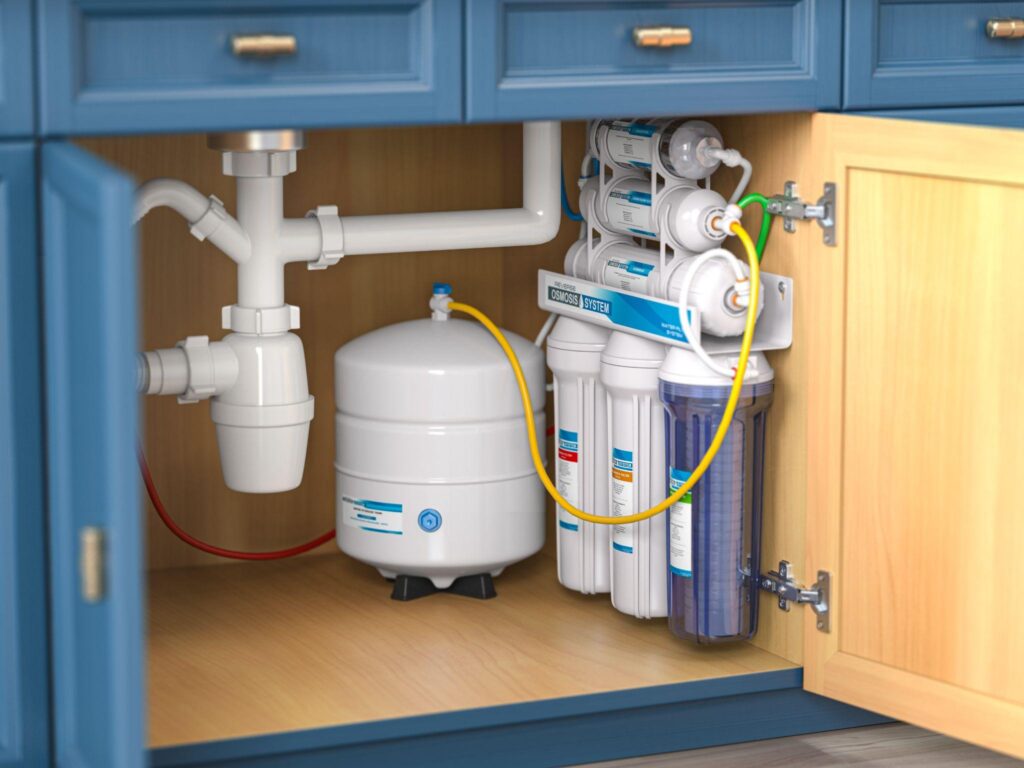In a world where environmental consciousness and personal health are at the forefront of our minds, the choices we make regarding the water we consume have never been more critical. The quest for clear choices and clean living has led many to explore the realm of water filtration systems, seeking the perfect balance between efficiency, sustainability, and effectiveness. As we navigate through the myriad of options available, it becomes imperative to decode the best water filtration systems, understanding their intricacies and capabilities. One of the most popular choices in the pursuit of purified water is the reverse osmosis RO system. This technology employs a semi-permeable membrane to remove contaminants, bacteria, and impurities, ensuring a crisp and refreshing output. While RO systems are highly effective, they come with the drawback of wasting a substantial amount of water during the filtration process. The environmental impact and water wastage associated with RO systems prompt conscientious consumers to seek alternatives that strike a better balance.

Activated carbon filtration systems, on the other hand, are gaining traction for their ability to eliminate a wide range of impurities while retaining essential minerals. These systems utilize activated carbon, typically derived from coconut shells or charcoal, to absorb and trap contaminants. This method not only enhances the taste and odor of the water but also reduces the presence of chlorine and volatile organic compounds. Activated carbon filtration systems are lauded for their eco-friendly nature and minimal water wastage, making them an attractive option for those aiming to minimize their environmental footprint. For those in search of a more technologically advanced solution, UV ultraviolet water purification systems offer a cutting-edge approach to water filtration. UV technology harnesses the power of ultraviolet light to deactivate and destroy harmful microorganisms such as bacteria and viruses.
Unlike traditional filtration methods, UV purification does not alter the taste, odor, or mineral content of the water. This method is particularly beneficial for those relying on well water or sources prone to bacterial contamination and contact us. However, it is essential to note that UV systems may not effectively remove non-biological contaminants, necessitating a comprehensive understanding of specific water quality concerns. Ultimately, the best water filtration system depends on individual preferences, local water quality, and environmental considerations. As consumers embark on the journey of decoding the plethora of options available, they must weigh the pros and cons of each system, considering factors such as water wastage, environmental impact, maintenance costs, and long-term sustainability. With a clear understanding of the available choices, coupled with a commitment to clean living, individuals can make informed decisions that align with their values and contribute to a healthier, more sustainable future.